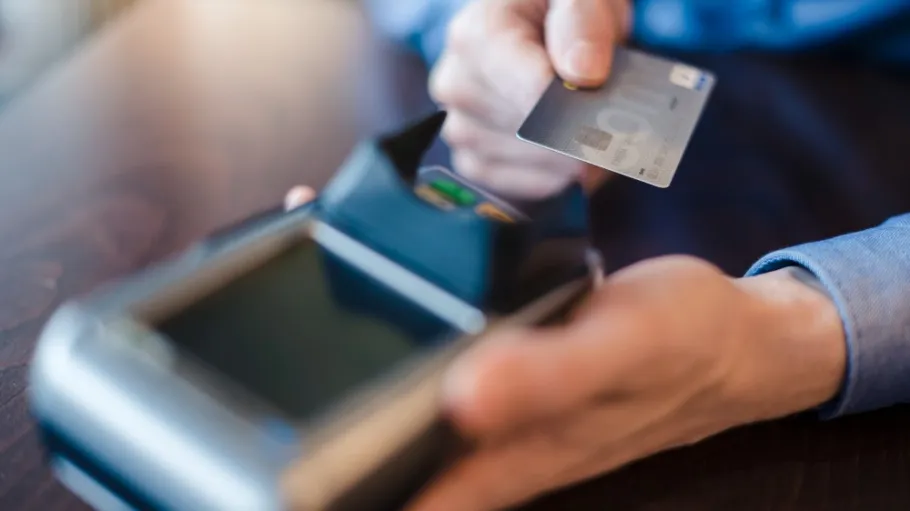In the UK, credit card usage has become a significant factor shaping how consumers make purchasing decisions. As the trend of using plastic money grows, it is essential to understand its profound influence on consumer habits and overall financial behavior. Credit cards not only offer convenience and flexibility but also reshape how individuals approach spending, debt, and financial planning.
This article delves into various facets of how credit card usage affects consumer actions and attitudes toward spending and money management. It explores the psychological impact of cashless transactions, the tendency toward impulse buying, and the role of rewards programs in encouraging higher spending.
Page Contents
ToggleThe prevalence of credit cards in the UK

First and foremost, it’s important to note the widespread adoption of credit cards in the United Kingdom. Nearly every adult in the country has at least one of these financial instruments, showing just how ingrained they have become in everyday life.
This ubiquitous presence plays a pivotal role in influencing consumer choices and spending habits. Without a doubt, the convenience and accessibility of credit cards significantly impact how people manage their finances.
The immediate availability of funds through credit cards allows consumers to make purchases without having to wait until they have the necessary cash. This often leads to impulsive buying, which can alter spending patterns drastically. Many individuals admit that they feel freer to spend when they aren’t immediately seeing the depletion of their bank accounts.
Impulse buying and credit cards
One of the major impacts of using credit cards is the increase in impulsive buying. Consumers often succumb to the temptation of purchasing non-essential items because the financial impact isn’t immediately felt. This trend can lead to a cycle of debt that is difficult to break. Research has shown that individuals tend to spend more when using a credit card compared to cash.
The psychological disconnect between swiping a card and handing over physical money plays a significant role in this behavior. It’s much easier to swipe a card and defer the financial responsibility than to part with hard-earned cash.
Additionally, many retail stores and online platforms have made the payment process seamless through the use of credit cards. This ease of transaction makes it all too convenient to purchase items on a whim, often leading to unnecessary expenditure.
Rewards and incentives
Rewards programs offered by credit card companies are another reason consumers may overspend. These programs are designed to incentivize spending, encouraging consumers to use their cards for as many transactions as possible. Cashback offers, airline miles, and other rewards can make spending on a credit card seem like a smart financial decision.
However, these incentives can often lead to overspending as consumers seek to maximize their rewards. Such behavior can result in higher levels of debt, negating the benefits of the rewards earned. Moreover, credit card companies often offer introductory bonus points for new members, conditional on spending a certain amount within the first few months. This leads to increased spending in a short period, reinforcing the habit of using credit for purchases.
Managing credit card debt
While the convenience and rewards of credit cards can be appealing, they come with the significant drawback of potential debt. Managing credit card debt requires discipline and financial awareness, attributes that not all consumers possess. One crucial aspect is understanding the interest rates associated with credit card balances that aren’t paid off in full each month.
These interest rates can be exceedingly high, leading to the accumulation of substantial debt over time. Moreover, the minimum payment option offered by credit card companies can lull consumers into a false sense of security, as they might believe this is an acceptable way to manage their debt. However, paying just the minimum can result in paying exponentially more over time due to accumulated interest.
Financial education and awareness
Financial education plays a vital role in helping individuals manage their credit card usage effectively. Understanding how interest accrues and knowing the long-term implications of maintaining a balance can help consumers make more informed decisions. Additionally, awareness programs that emphasize the importance of budgeting and responsible spending can greatly aid in mitigating the risks associated with credit card usage.
These programs can empower consumers to use credit cards as tools for financial flexibility rather than means for excessive spending. Schools, financial institutions, and even employers have a part to play in spreading financial literacy. Adequate knowledge equips individuals to navigate the risks and benefits of using credit cards judiciously.
Strategies for effective credit card use
To avoid falling into the debt trap, consumers can adopt several strategies for effective credit card use. One effective method is the practice of paying off the full balance each month to avoid interest charges. Another strategy is setting a monthly spending limit, regardless of the credit card limit.
By treating a credit card like a debit card, consumers can avoid the temptation to overspend. Lastly, keeping track of expenditures and regularly reviewing credit card statements can help identify any unnecessary spending. This awareness can prompt more mindful financial habits and better money management.




